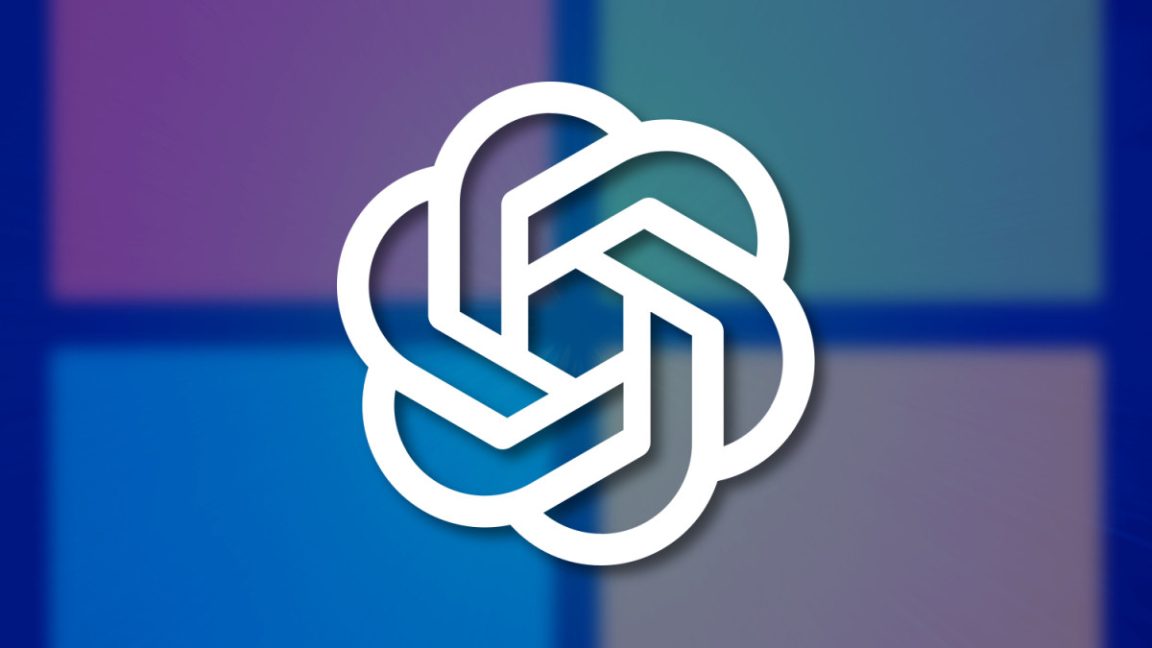
"The revised deal extends Microsoft's intellectual property rights through 2032 and now includes models developed after AGI is declared. Microsoft holds IP rights to OpenAI's model weights, architecture, inference code, and fine-tuning code until the expert panel confirms AGI or through 2030, whichever comes first. The new agreement also codifies that OpenAI can formally release open-weight models (like gpt-oss) that meet requisite capability criteria."
"However, Microsoft's rights to OpenAI's research methods, defined as confidential techniques used in model development, will expire at those same thresholds. The agreement explicitly excludes Microsoft from having rights to OpenAI's consumer hardware products. The deal allows OpenAI to develop some products jointly with third parties. API products built with other companies must run exclusively on Azure, but non-API products can operate on any cloud provider. This gives OpenAI more flexibility to partner with other technology companies while keeping Microsoft as its primary infrastructure provider."
Nonprofit board retains control while the for-profit subsidiary converts to a public benefit corporation. Microsoft's intellectual-property rights are extended through 2032 and now include models developed after AGI is declared. Microsoft holds IP rights to OpenAI's model weights, architecture, inference code, and fine-tuning code until an expert panel confirms AGI or through 2030, whichever comes first. OpenAI may formally release qualifying open-weight models. Microsoft's rights to confidential research methods expire at the same thresholds, and Microsoft is explicitly excluded from rights to consumer hardware products. API products built with other companies must run exclusively on Azure, while non-API products can run on any cloud.
#openai-microsoft-agreement #intellectual-property #agi-governance #cloud-partnerships #public-benefit-corporation
Read at Ars Technica
Unable to calculate read time
Collection
[
|
...
]